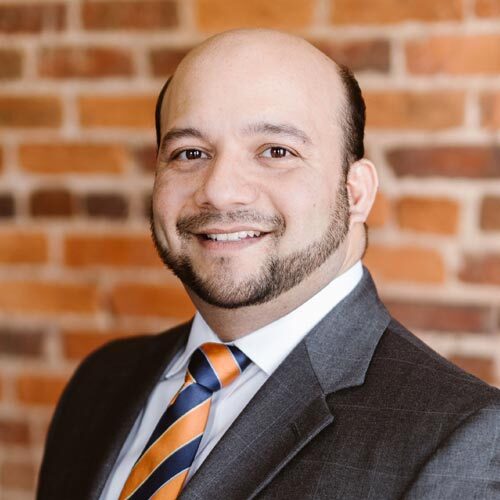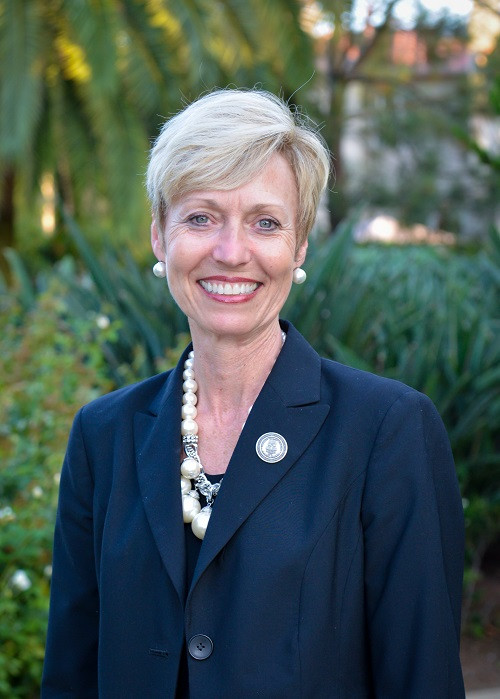
November 2 | 1:00 PM ET
Institutions across the country are scrambling to uncover the best ways to recruit and retain talent, improve work-life balance, and alleviate inflation pressures by incorporating various levels of remote/hybrid work. During this panel discussion, you will hear from leaders of continuing and online education units at five SEC institutions about the various remote/hybrid models they have incorporated. Panelists will describe the models they are using, discuss related policies, and share insights on what has worked well (or not) at their institutions. Attendees will engage in a brief discussion about the future of remote/hybrid work at UPCEA member institutions. 28 84 Strategic Business & Operations Leaders of UPCEA units as well as members who are involved in or responsible for remote/hybrid policies and practices at their institutions. Critical Take-aways: Attendees will learn about the models of remote/hybrid work that have been successfully/unsuccessfully incorporated at five public institutions; Attendees will identify policies and practices that enable remote/hybrid work success at five public universities; Attendees will identify future remote/hybrid work trends as part of a discussion; Attendees will observe remote work in action as the non-speaking panelists and session attendees catch up on their emails during the presentation.
 Cheryl Murphy, Vice Provost for Distance Education, University of Arkansas
Cheryl Murphy, Vice Provost for Distance Education, University of Arkansas  Susan Seal, Executive Director, Mississippi State University
Susan Seal, Executive Director, Mississippi State University 
 Evangeline Tsibris Cummings, Senior Assistant Provost and Director of UF Online, University of Florida
Evangeline Tsibris Cummings, Senior Assistant Provost and Director of UF Online, University of Florida  Susan Elkins, Chancellor, Palmetto College, University of South Carolina
Susan Elkins, Chancellor, Palmetto College, University of South Carolina November 3 | 8:30 AM ET
In this dynamic, facilitated panel discussion, learn from PCO leaders how they are building the case for alternative credentials on their campuses, leveraging legacy structures and policies, partnering internally and externally to address workforce needs, and cultivating quality across non-degree credentials. Audience questions will play a critical role in this conversation—bring yours!
 Lisa Templeton, Oregon State University
Lisa Templeton, Oregon State University  Steve Harmon, Georgia Tech University
Steve Harmon, Georgia Tech University  Asim Ali, Auburn University
Asim Ali, Auburn University  Julie Uranis, UPCEA
Julie Uranis, UPCEA November 3 | 11:00 AM ET
In the post-pandemic world, the New Adult Learner will be the difference on whether colleges and universities thrive or survive. To better prepare our members, Jim will present the results of a meta-analysis UPCEA and corporate partner sponsored research on the New Adult Learner. The research will show the complexities of the adult learner and the breadth of segments they represent. Jim will offer insights on motivating factors, delivery and credential preferences, support services and needs and how these might relate to marketing, recruitment and retention. In a competitive market, understanding the differences of the many adult learner segments is critical to institutional success.
 Jim Fong, Founding Director
Jim Fong, Founding Director